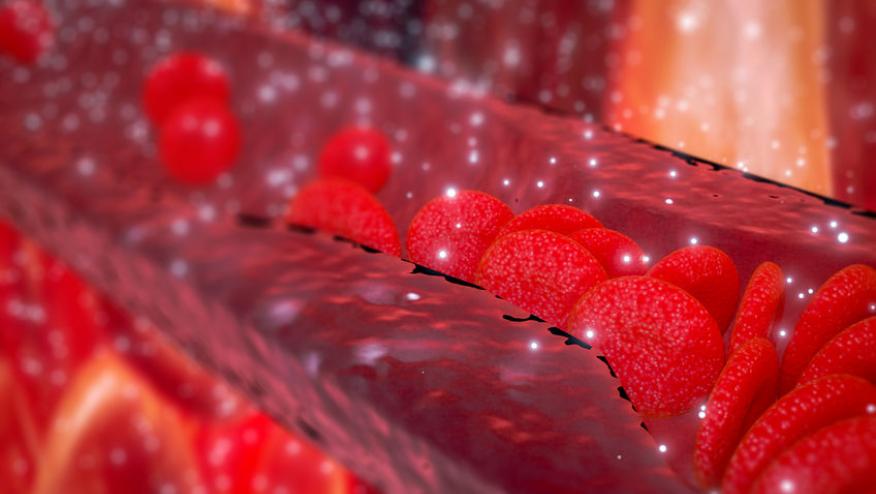Biologic Therapy Improves Psoriasis and Reduces CV Inflammation Save

Psoriasis confers a significant risk of comorbidity, but is psoriasis associated with increased coronary inflammation and is this risk attenuated by biologic therapy?
JAMA Cardiology has published a cohort study of 134 consecutive patients with moderate to severe psoriasis, showing that biologic therapy was associated with a significant decrease in coronary inflammation as assessed by perivascular fat attenuation index, a marker of coronary inflammation associated with cardiovascular outcomes. Patients not receiving biologic therapy had no change in perivascular fat attenuation index at 1 year.
Researchers assessed coronary inflammation using the perivascular fat attenuation index (FAI), an assessment of coronary inflammation coronary computed tomography angiography (CCTA).
Most of the 134 psoriasis patients (mean 51.1 years; 62.5% male) had low cardiovascular (CV) risk with 10-year Framingham Risk Score of 3% (1%-7%) and moderate to severe skin disease.
Biologic agents were used in 82/134 patients and not used in the remaining 52. Biologic therapies included TNF inhibitors, anti-IL-12/23, or anti–IL-17 agents.
Focal coronary atherosclerotic plaque was seen in 46 patients at baseline.
Biologic therapy was associated with a significant decrease in FAI at 1 year (baseline FAI −71.22 HU vs −76.09 HU at 1 year; P < .001) concurrent with skin disease improvement (median baseline PASI = 7.7 vs PASI = 3.2 at 1 year; P < .001).
For those not on biologics, there was no change in FAI (baseline FAI, −71.98 vs −72.66 at 1 year; P = .39).
FAI changes were consistent among patients receiving different biologic agents (TNFi, IL-12/23 or IL-17 inhibitors).
Control of moderate to severe psoriasis with biologic agents was associated with reduced coronary inflammation assessed by perivascular FAI.










If you are a health practitioner, you may Login/Register to comment.
Due to the nature of these comment forums, only health practitioners are allowed to comment at this time.